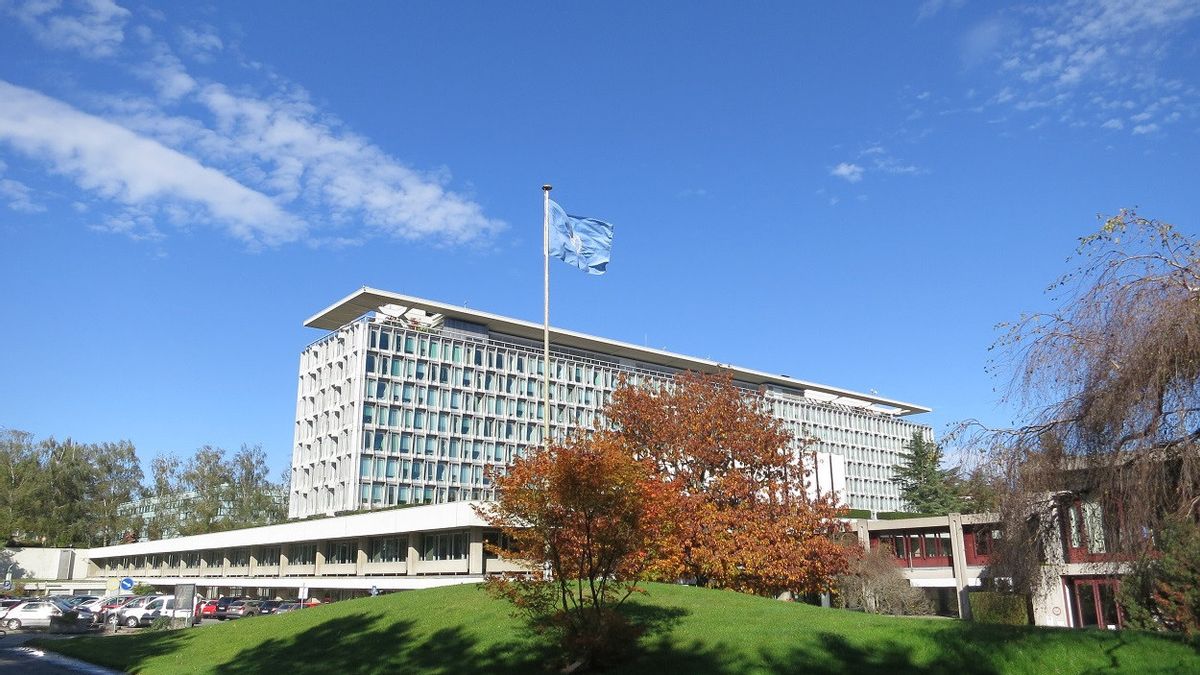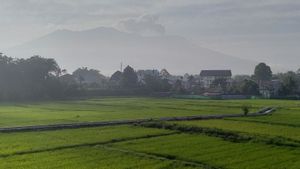JAKARTA - The World Health Organization (WHO) warned on Tuesday that more than half of the countries in the world will be at high risk or very high hit by a wavy by the end of this year, unless immediate precautions are taken.
Measles cases have increased in most parts of the world, mainly due to a lack of vaccination during the COVID-19 period, when health systems are overwhelmed and left behind in routine vaccinations for preventable diseases.
"What we are worried about is that this year, 2024, we have a huge gap in the immunization program and if we don't fill that gap immediately with vaccines, Measles will overtake the gap," said Campak and Rubella Senior Technical Advisor Natasha Crowcroft of WHO at a news conference in Geneva., reported Reuters February 21.
"We can see, from the data generated with WHO data by the CDC (US Centers for Disease Control and Prevention), more than half of the countries in the world will be at high risk or very high risk of contracting this disease by the end of the year", he said.
He further called for immediate action to protect children, saying there is a "lack of commitment" to the government, given existing problems such as economic crises and conflicts.
Measles are highly contagious and transmitted viruses by air and mostly attack children under the age of five.
Transmission of this disease can be prevented by two doses of the vaccine, where more than 50 million deaths have been prevented since 2000, according to the WHO.
However, last year cases of wavy increased by 79 percent to more than 300,000, according to WHO data, although it is estimated that it represents only a small part of the total cases.
Measles outbreaks have been reported throughout the WHO but America, although Crowcroft warned this was indeed expected.
SEE ALSO:
The higher death rate in poor countries is due to weaker health systems, Crowcroft said, adding outbreaks and deaths were also a risk to middle and high-income countries.
"We have experienced a lot ofUM plagues around the world and middle-income countries are suffering a lot. And we are worried that 2024 will be like 2019," he said.
The English, Chinese, Japanese, Arabic, and French versions are automatically generated by the AI. So there may still be inaccuracies in translating, please always see Indonesian as our main language. (system supported by DigitalSiber.id)
















